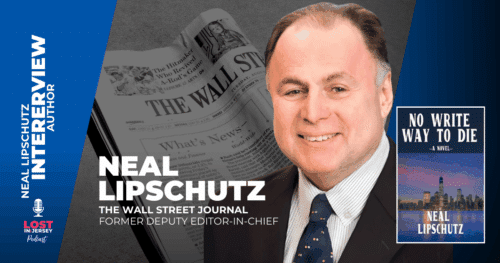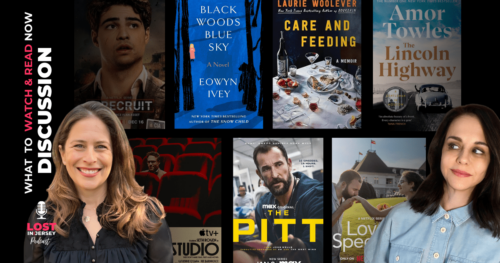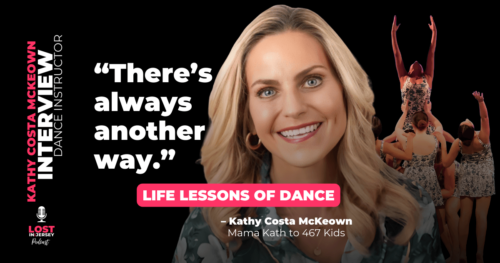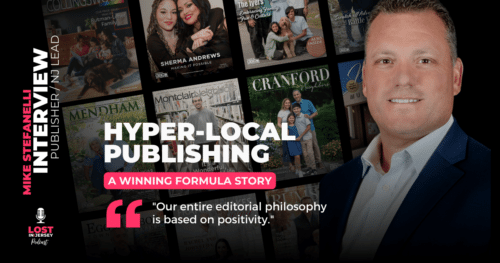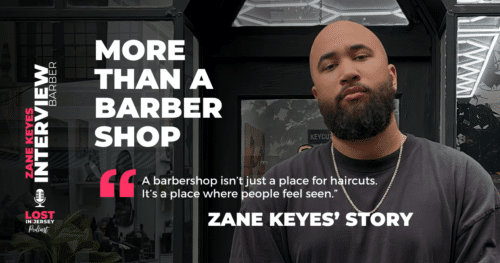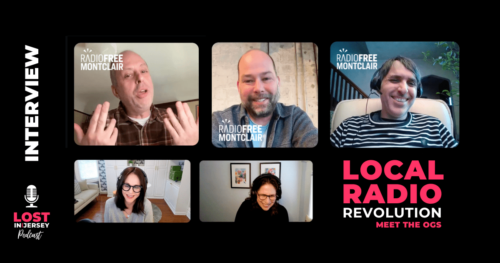CLIMATE JOURNALIST & AUTHOR –
In this episode, award-winning journalist Eric Rosten joins hosts Rachel and Janette to discuss the pressing issue of climate change. They delve into the challenges of climate denial, the importance of democracy in addressing the problem, and the need to transition away from fossil fuels. Eric Rosten shares insights on the role of land management in preventing wildfires, the progress made in repairing the ozone layer, and the potential of innovative technologies to combat climate change. The conversation highlights the urgency of the issue and the importance of informed discussions and collective action in finding solutions.
[00:02:51] Childhood and climate change.
[00:03:58] Climate change awareness.
[00:08:21] Skepticism about recycling.
[00:14:49] Pancakes and forest management.
[00:16:43] Indigenous controlled burns and land management.
[00:20:19] Environmental policy and pushback.
[00:26:33] Rich North’s fossil fuel usage.
[00:28:21] Democracy and fossil fuels.
[00:33:04] Climate change solutions.
[00:38:00] Plastic used in Legos.
[00:42:33] Climate tech solutions.
Guest Bio:
Eric Rosten an award-winning journalist who has spent more than 15 years covering climate change in all its incarnations. He has tried to make Stephen Colbert care about carbon. With his extensive experience and expertise in the field, Eric has established himself as a trusted voice in the realm of climate change. His dedication to raising awareness and understanding about this critical issue has made him a respected figure in the industry. Through his work, Eric has demonstrated a deep commitment to educating the public and driving meaningful change in the fight against climate change.
To help us become more knowledgeable on the current status of climate change we asked Eric for trusted and recommended resources on climate and he sent over the following. Thank you Eric!
1) Katharine Hayhoe, Chief Scientist of The Nature Conservancy, is one of the US’s most accomplished and influential scientists. She also does a lot of work on climate communication:
- Saving Us (book)
- Global Weirding with Katharine Hayhoe (video series)
- TED Talk
2) MIT Climate Science, Risk & Solutions primer: Introduction material https://climateprimer.mit.edu/
3) Probable Futures, a nonprofit that translates science for Wall Street, https://probablefutures.org/
4) Carbon Brief: A climate science news/explainer website. Carbon Brief’s (nerd alert) overview of the most recent UN climate science report: “Carbon Brief’s definitive guide to the entire IPCC sixth assessment cycle“
5) Climate tech news:
- Canary media
- CTVC (climate tech venture capital)
- Bloomberg Green free daily newsletter. Sign up in the right margin here, under an ad usually): https://www.bloomberg.com/green
Last but not least, the 2021 Nobel Prize in Physics went to the scientists who discovered climate modeling. Here’s the link to the popular-science explanation of their work: Popular Physics Prize 2021 PDF
Climate Change and the Path to Solutions: Insights from Eric Rosten
Introduction: In this blog post, we delve into a fascinating podcast episode featuring award-winning journalist Eric Rosten, who has spent over 15 years covering climate change. From his unique perspective, we explore the challenges, misconceptions, and potential solutions surrounding climate change. Join us as we uncover the key takeaways from this insightful conversation.
The Complexity of Climate Change:
- The conversation begins with an exploration of the multifaceted nature of climate change.
- Rosten highlights the interconnectedness of various factors, including fossil fuel usage, land management, and the impact of human activities on the environment.
- He emphasizes the need to move beyond simplistic narratives and delve into the nuanced realities of climate change.
The Role of Democracy and Extremism:
- Rosten identifies American extremism as a significant obstacle to addressing climate change effectively.
- He emphasizes the importance of democracy in finding solutions and highlights the disintegration of professional communication culture as a hindrance to progress.
- Rosten stresses the need for open dialogue and reliable factual information to bridge the gap between different perspectives.
The Urgency of Action:
- Rosten emphasizes that climate change is a pressing issue that requires immediate attention.
- He highlights the need for individuals to come together and discuss the challenges we face, armed with accurate information.
- Rosten mentions the abundance of potential solutions and the growing investment in climate tech, which offers hope for a sustainable future.
The Power of Individual Actions:
- Rosten encourages individuals to take action in their daily lives, supporting climate solutions through various roles and identities.
- He mentions the importance of conversations about climate change within workplaces, religious affiliations, and communities.
- Rosten highlights the positive impact of small changes, such as adopting electric vehicles, installing solar panels, and promoting sustainable practices.
Conclusion: As we conclude our exploration of Eric Rosten’s insights, it becomes clear that climate change is a complex issue that demands collective action. By engaging in open conversations, supporting sustainable practices, and staying informed, we can contribute to the ongoing efforts to combat climate change. Let us embrace the challenge and work towards a greener, more sustainable future for generations to come.

